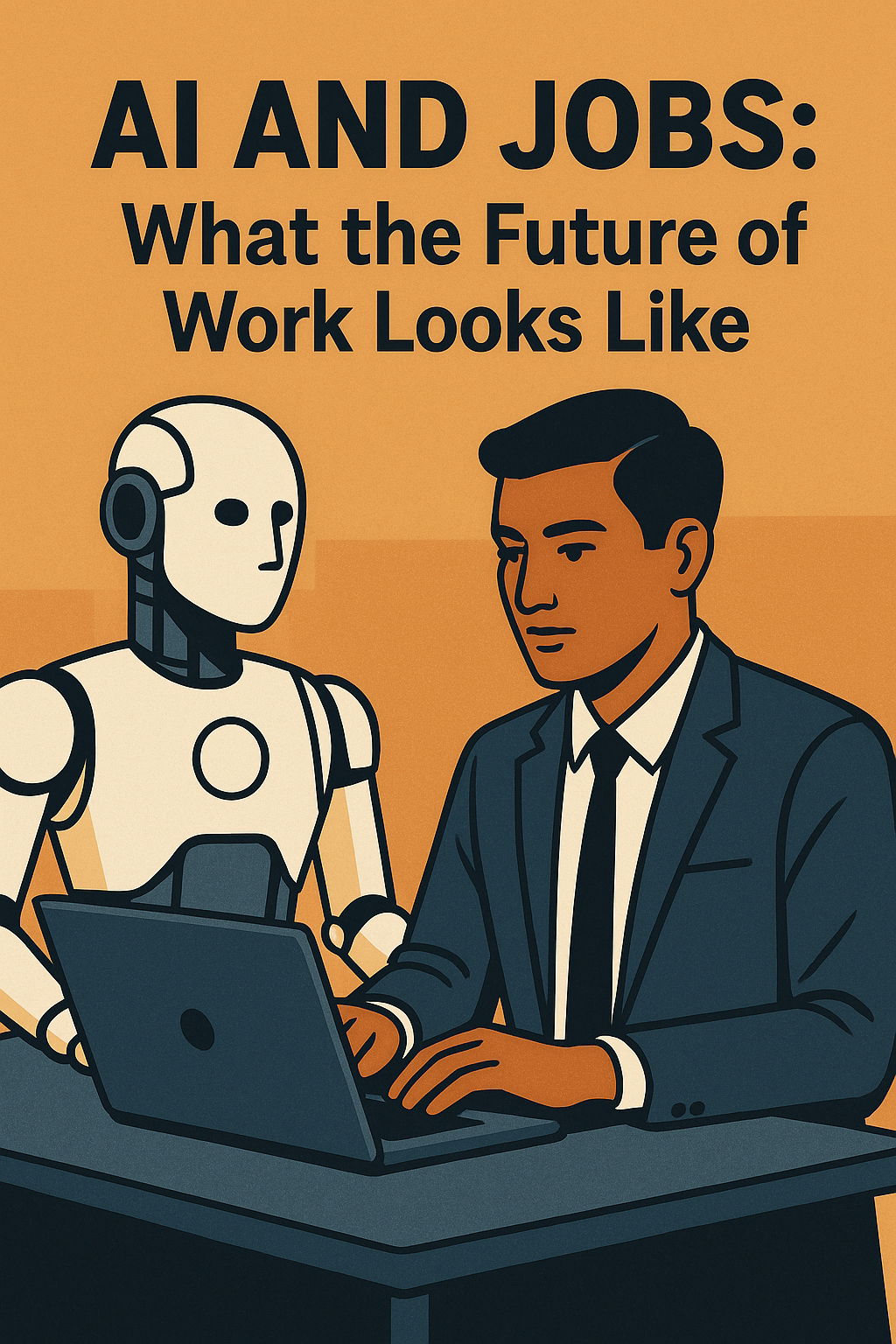The rise of artificial intelligence (AI) is reshaping industries across the globe. From automating repetitive tasks to transforming customer service, AI is driving a massive shift in how we work. But with this innovation comes a big question: What does AI mean for jobs?
In this blog post, we explore the evolving relationship between AI and employment, its impact on various sectors, and how workers can prepare for the future job market.
Will AI Replace Jobs?
One of the most talked-about concerns surrounding AI is job displacement. It's true that automation can replace certain roles—particularly in industries like manufacturing, data entry, and retail. AI-powered tools can complete tasks faster and more accurately, often at a lower cost.
However, not all jobs are at risk. In fact, many experts agree that AI is more likely to augment human jobs rather than eliminate them completely. This means that while some roles may disappear, new ones will emerge that require human creativity, problem-solving, and emotional intelligence—skills that machines still struggle to replicate.
Which Jobs Are Most Affected by AI?
Industries most likely to be transformed by AI include:
-
Customer Service: Chatbots and virtual assistants handle basic queries, allowing human agents to focus on complex issues.
-
Transportation: Self-driving technology is advancing, especially in logistics and delivery services.
-
Healthcare: AI is revolutionizing diagnostics, patient monitoring, and even robotic surgery.
-
Finance: AI automates fraud detection, data analysis, and trading algorithms.
New Job Opportunities Created by AI
It’s important to understand that while AI replaces some jobs, it also creates new ones. Roles such as:
-
AI Ethics Officers
-
Machine Learning Engineers
-
Data Analysts
-
AI Trainers and Supervisors
These are just a few examples of the emerging AI-related careers that didn’t exist a decade ago.
How to Prepare for the AI-Driven Job Market
To thrive in an AI-influenced economy, workers need to adapt by:
-
Learning new digital skills like coding, data analysis, and AI basics.
-
Focusing on soft skills like communication, creativity, and leadership.
-
Staying flexible and open to continuous learning.
Platforms like Coursera, Udemy, and edX offer affordable ways to build in-demand skills that align with future-proof careers.
Final Thoughts
The relationship between AI and jobs isn’t just about loss—it’s about evolution. While AI will change how we work, it also opens doors to new opportunities, industries, and innovations. Workers, employers, and governments must collaborate to ensure a smooth transition into this new era of work.

Post a Comment